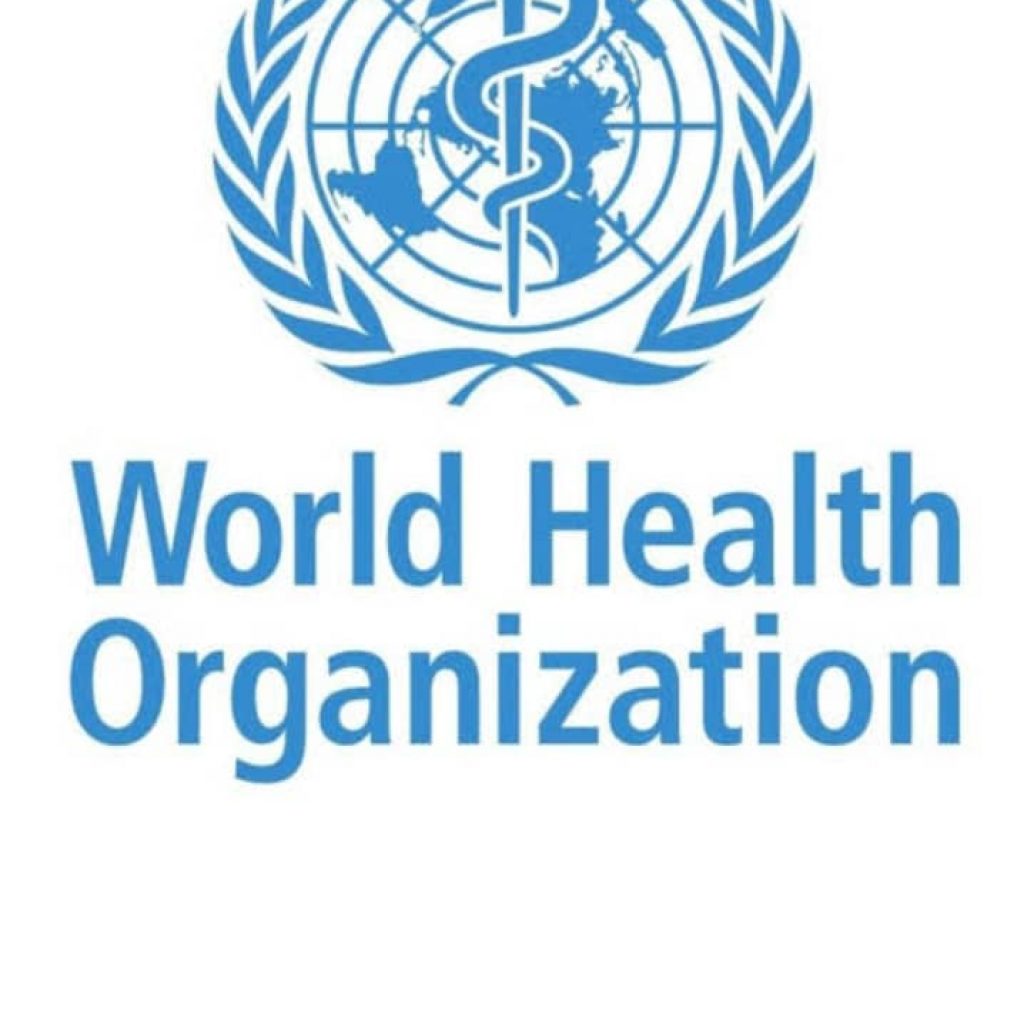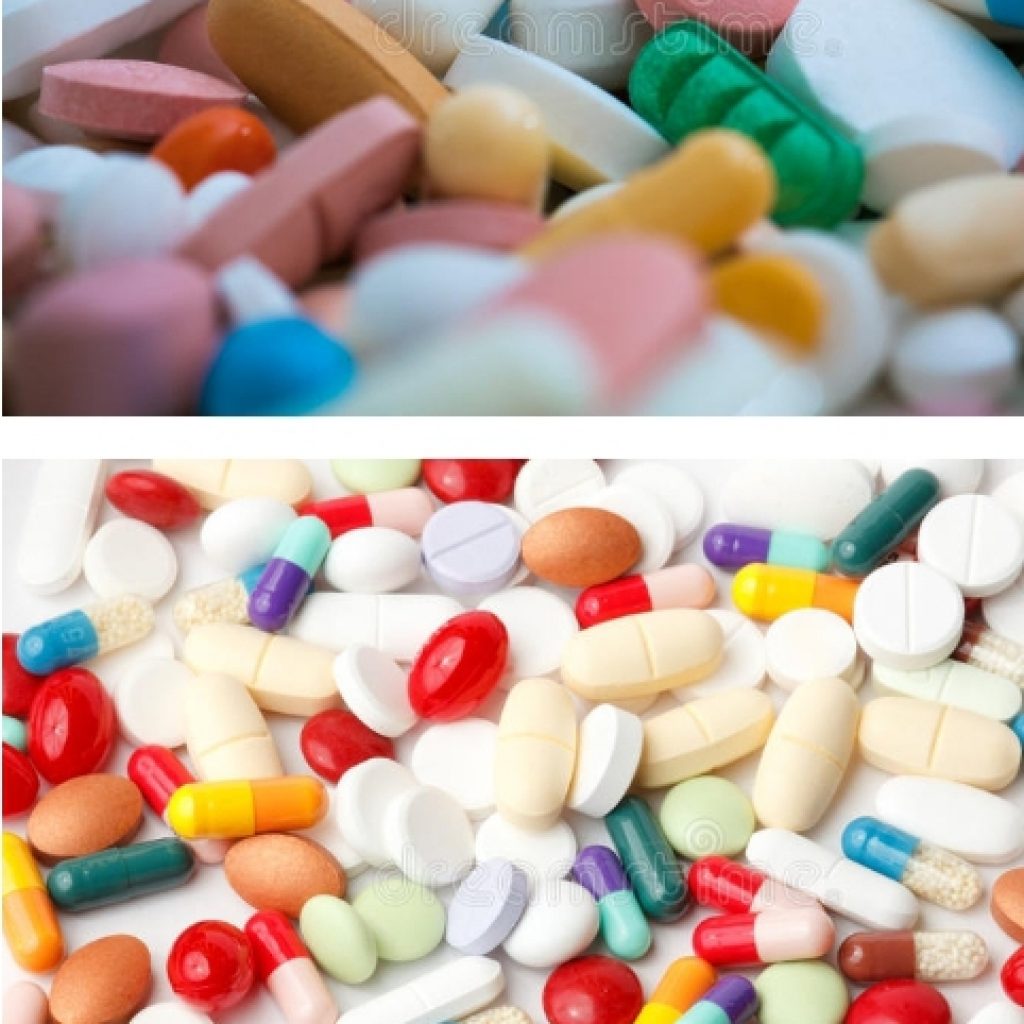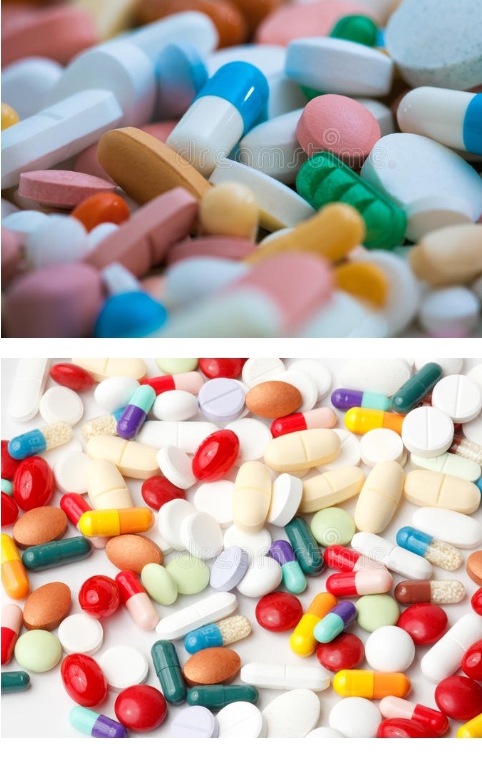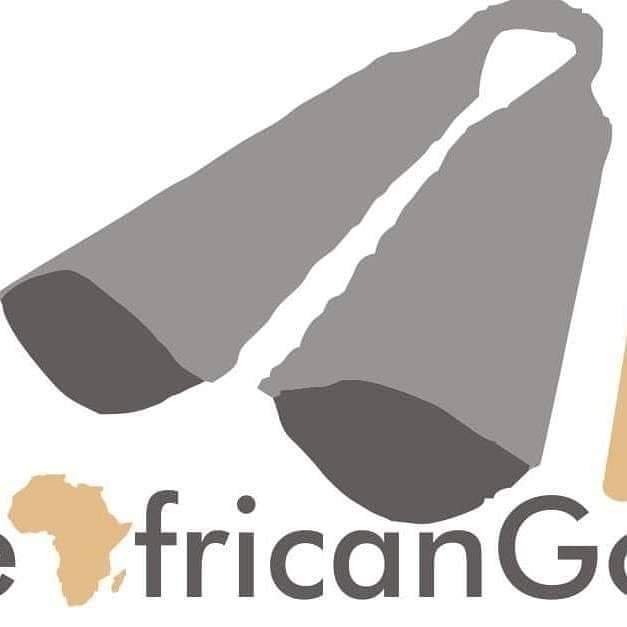
By Blessing David
The World Health Organization WHO’s Regional Director for Africa, Dr Matshidiso Moeti, in a message to commemorate World Patient Safety Day marked annually on 17 September, has said that global estimates show that medication errors contribute to over 3 million deaths every year, a situation which has been exacerbated by overwhelmed health systems during the COVID-19 pandemic.
WHO Stressed that about one in every four cases of preventable medication harm is clinically severe, or life-threatening, as such the aim of raising awareness on the importance of people-centred care and preventing harm to patients is apt.

He stated that the theme for this year, “Medication Safety: Medication Without Harm”, specifically draws attention to the need to improve systems to support safe medication, and address unsafe practices which focuses on three primary areas, namely: high-risk situations; transitions of care; and polypharmacy, which is the use of multiple medicines at once.
He added that Medication errors occur most commonly due to weaknesses in medication systems, and are aggravated by shortages of well-trained health staff, poor working environmental conditions for delivery of quality health care. Consequently, patients’ rights to medication without prejudice can be compromised through inappropriate prescribing, transcribing, dispensing, administration and monitoring practices.
WHO says while there is limited data for the African continent, it is generally acknowledged that there is a high magnitude of unsafe medication practices among low- and middle-income countries of which the African Region has the highest prevalence of substandard and counterfeit medicines at (18.7%).
He emphasized that administration of surplus medication at home, purchase of medication from pharmacies on the advice of friends and relatives rather than trained professionals, as well as the use of old prescriptions to buy medication to treat a current ailment, are all common practices that should be avoided.

According to WHO, in 2021 shows that one in every three respondents admitted to self-medication to prevent COVID-19 which is unacceptable just as these unguided practices often lead to dangerous consequences as a result of drug interactions, or incorrect administration, which include disability, and even death.
He pointed out that weak medication systems and/or human factors are the major contributory factors to unsafe practices, with many countries lacking the capacity to detect, evaluate and prevent medicine safety issues, as other contributory factors include fatigue, inadequate knowledge and training, staff shortages, workplace distractions, and high workload and limited resources.
“Medication Without Harm aims to reduce severe avoidable medication-related harm by 50% globally in the next five years, through focused activities and interventions targeting three areas: patients and the public; health care professionals; and medicines, systems and medication practices’.
WHO reiterates commitment to continue to work with Member States to implement the WHO Global Patient Safety Action Plan 2021–2030, A regional patient safety strategy and road map are currently being developed to guide its implementation, of which some notable highlights include support to establish and strengthen national medicine regulatory authorities (NRAs).

He however mentioned that currently, 39 Member States have developed essential medicines lists linked to standard treatment guidelines, while 25 have developed national medicine formularies that guide selection of medicines for procurement, good prescribing and dispensing practices. Adding that efforts to enhance the role of health technologies in medication decision-making, including initiatives to reduce antimicrobial resistance, have led to eight countries being assisted to implement antimicrobial stewardship interventions at national and health care facility level.
WHO is also supporting overall improvements in Infection Prevention and Control (IPC) measures, including injection safety, in all Member States, just as the global campaign’s call to action is “KNOW. CHECK. ASK” , It aims to encourage and empower patients and their caregivers, as well as health care professionals (nurses, physicians, pharmacists), to take a more active role in ensuring safer medication practices, and medication-use processes.

